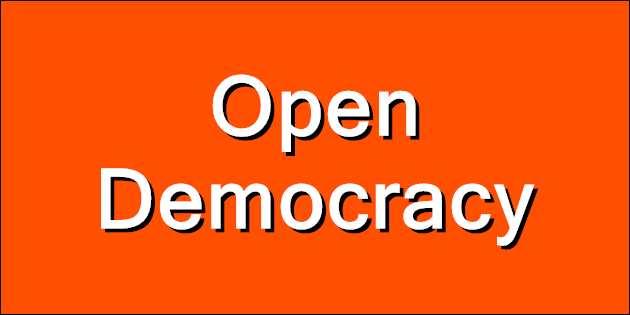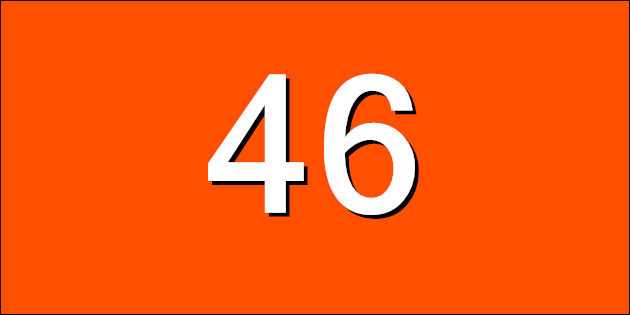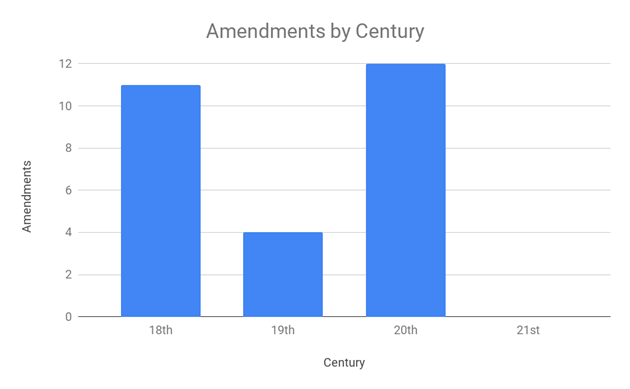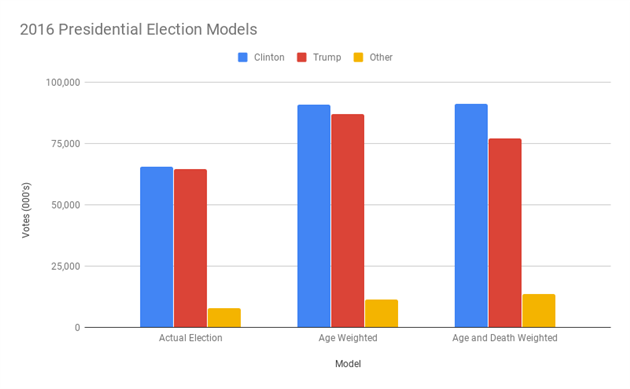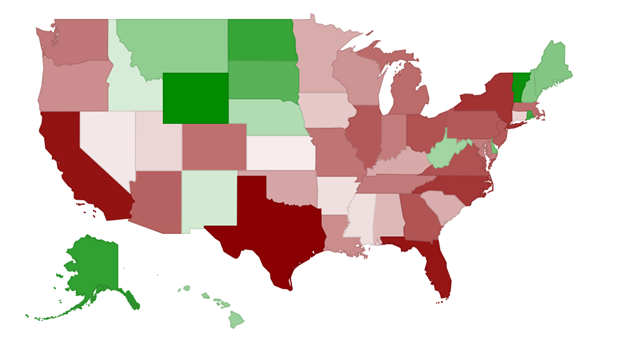
A recent Pew Research Center poll found that 65% of Americans support the National Popular Vote. Even the old ones:
"Younger adults are somewhat more supportive of changing the system than older adults. About seven-in-ten Americans under 50 (69%) support this. That share drops to about six-in-ten (58%) among those 65 and older."
If you find yourself in this majority then here are 9 things you can do today to advance the cause.
It's not just a desire to have a president of the country who represents the will of the country that is currently thwarted. Last year Pew found that:
"Today, a 61% majority of U.S. adults say abortion should be legal in all or most cases, while 37% think abortion should be illegal in all or most cases."
58% of Americans favor stricter gun laws. 57% want the Federal Government to take on health care. 63% support free college.
Why can't we have nice things? Apparently because the founding fathers thought we needed protection from the 'tyranny of the majority'. So you'd expect minorities to be well protected by this system.
Same sex marriage was legalized by the Supreme Court's Obergefell decision in 2015. Public support for same sex marriage was at 27% in 1996 (when Clinton passed The Defense of Marriage Act or DOMA). It's now at 70%. We crossed the 50% line around 2010, when Obama said:
"I have been to this point unwilling to sign on to same-sex marriage primarily because of my understandings of the traditional definitions of marriage."
Our majority tyranny protection system failed, Obama failed, Clinton failed. What carried the day was campaigning that convinced the majority that they were wrong on this issue, and arguably the AIDS crisis humanizing a minority for many people.
I wasn't around for the civil rights movement but I think it followed a very similar pattern. The system didn't inherently recognize the rights of the minority. Support was slowly built in public opinion until the Supreme Court eventually stepped in like someone in 2023 who thinks they just discovered Taylor Swift.
While the founding fathers may not have contemplated gay marriage or that black people might be just people they were clever enough to understand that the constitution was a living document and would need to be amended. We just need to get back into the habit.
Add your comment...
Related Posts
(All Politics Posts)
(Published to the Fediverse as:
Pew: Two Thirds of Americans Support National Popular Vote #politics #politicalreform #national popularvote 65% support a national popular vote, 61% support abortion, 58% better gun laws and 63% free college. Why don't we have these things?
)



